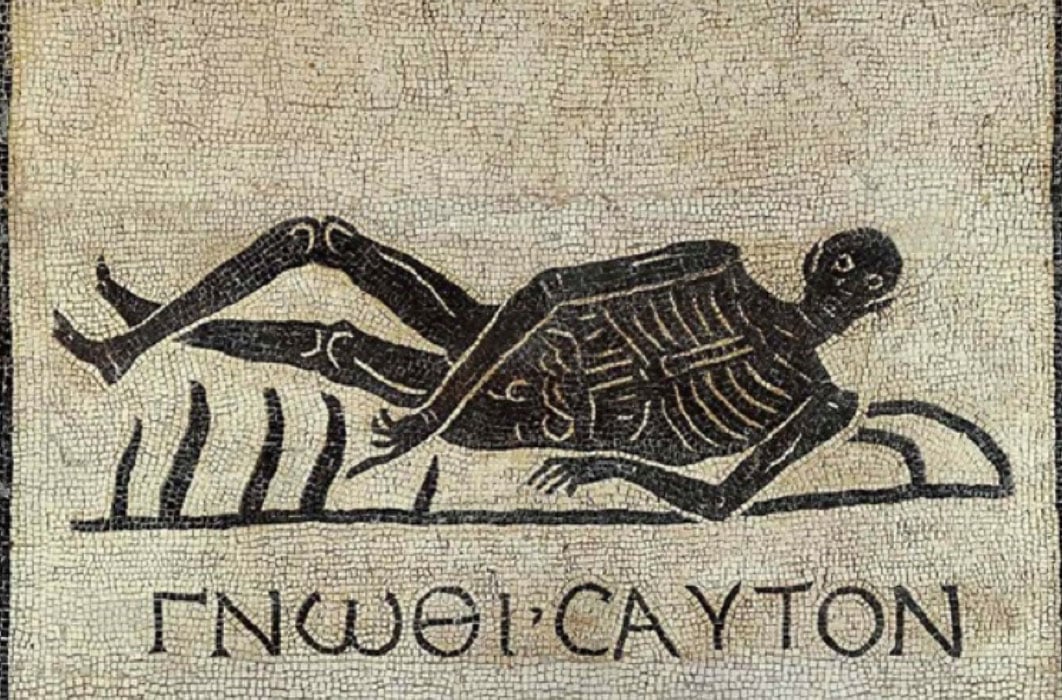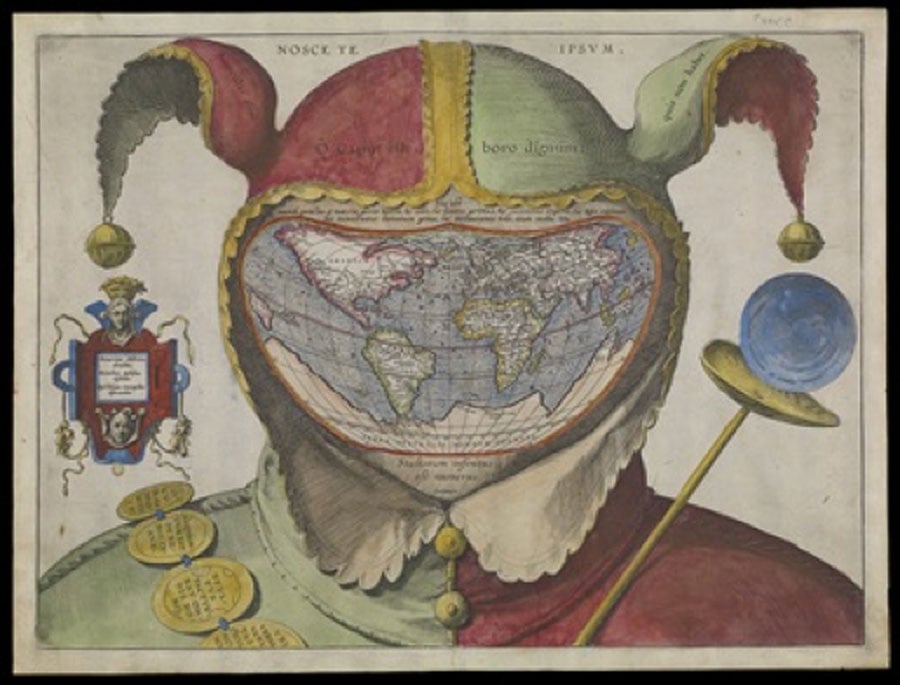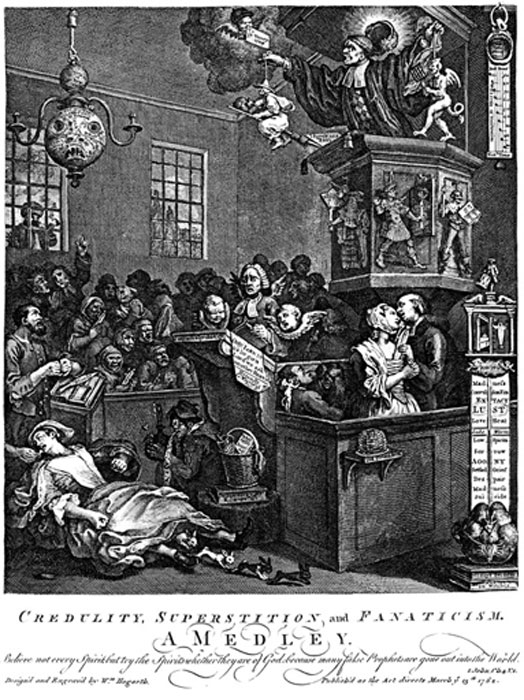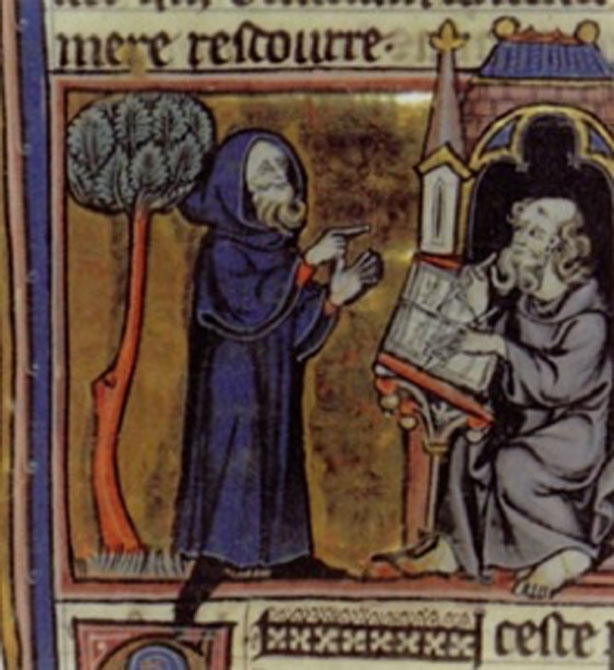
Know Thyself: The Science of Uncovering the Ancients’ Origins
"Know thyself!" These words were inscribed in the court of the Temple of Apollo at Delphi. They were later quoted and expanded by Socrates, the Greek philosopher. He used them to highlight the fact that, in his opinion: "the unexamined life is not worth living." The phrases prompted author Jim Willis to address some inevitable questions: Do we, as individuals and collectively as members of the human species, really know who we are? Do we know where we came from or how we originated? Do we understand our place in the great scheme of things?

Fool's Cap World Map. ‘For in the whole universe the Earth is nothing’ (1590). National Maritime Museum, Greenwich, London (Public Domain)
Humans like to think they know. After all, humans are immersed in the human mythos from conception. In school, children are told a story and taught rudimentary history and are tested to make sure they learn the basics. As such, most people become at least somewhat educated, modern, seemingly productive members of the human race. But underneath much of the accepted, non-examined blather of 21st century pseudo-sophistication that deals more with technological baubles than intellectual substance, lies a deep, abiding secret. Much of that which has been taught is wrong, some of it is misguided, a portion of it is a blatant lie intended to keep everyone in line, and a good deal of it has been suppressed.
The Basis of Everything is Nothing
Quantum mechanics, although counter-intuitive, seemingly impossible, and maddeningly difficult to grasp intellectually, is currently the most tested and consistently substantiated phenomenon in the history of science. Everything from one’s laptop to one’s smart phone depends on it. Not once has it been proven false. But even Albert Einstein, one of the greatest theoretical physicists who ever lived, refused to accept quantum reality until his initial emotional response was finally overcome by complex mathematical equations. The theory claims, among other things, that the basis of everything is, in the end, nothing, even though a reality called ‘nothing’ probably doesn't exist.

Credulity, Superstition, and Fanaticism by William Hogarth (1762) (Public Domain)
In this scientific age of materialism, scientists have reduced virtually everything down to its core, peered into the very heart of the atom, assuming such an entity actually exists, traveled to the nether regions of human consciousness, and plumbed the depths of creation itself. And yet, in defiance of all claims of intellectual rationality, polls show that religion, superstition, belief in alien intervention, and psychic abilities still thrill the human race and form the basis of what many people believe to be true. What is it about these subjects that is so compelling it causes people to innately believe in mystery and mysticism despite their most rational intentions?
- The Great American Origins Debate: Clovis First vs Pre-Clovis
- Science Versus Religion on Our Ancient Origins: What if They’re Both Wrong?
- Archaeology Uncovering the Great Forgetting
Most people probably will not recognize the names Alan Guth or Leonard Suskind, even though they are among the most important theoretical physicists and cosmologists of our day. The same goes for Paul Dirac and Richard Feynman. Over the course of a few decades, these scientists and others helped develop what is now a standard theory about the very early universe. In spite of the fact that they explored what may turn out to be the central phenomenon that makes everything we know possible, they are virtually unknown to most people. Yet the same people who are not familiar with the names of these great intellectuals universally recognize the names of Merlin the Magician and Gandalf the Wizard, who never lived at all.





